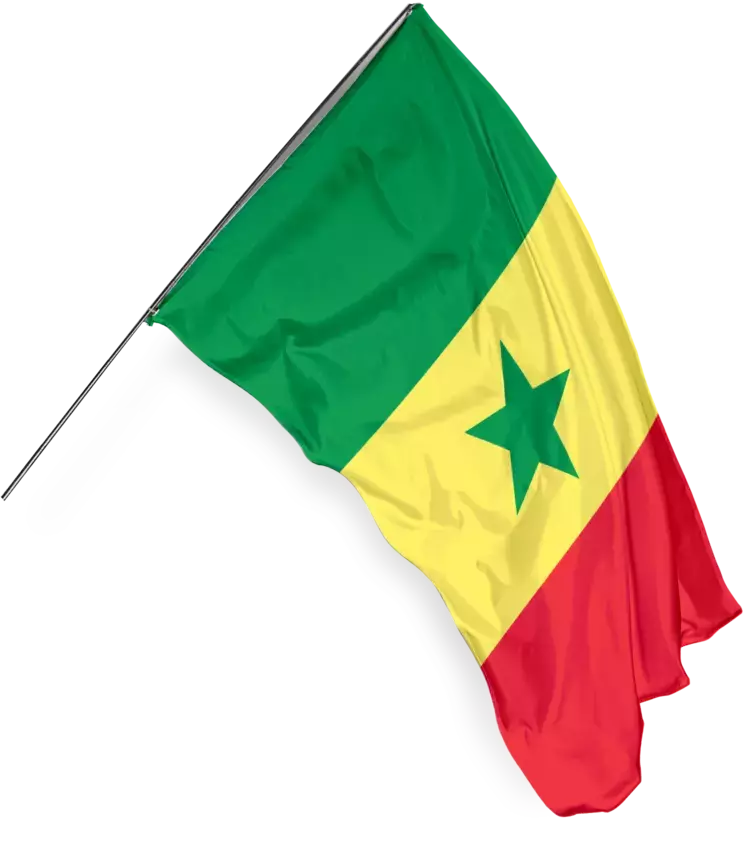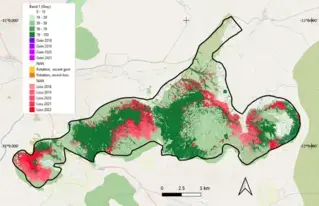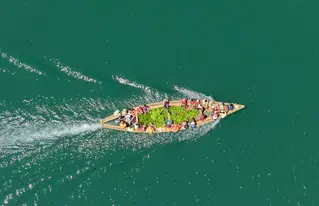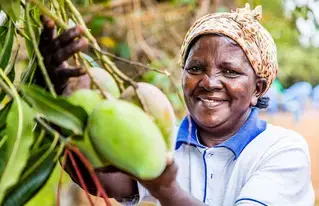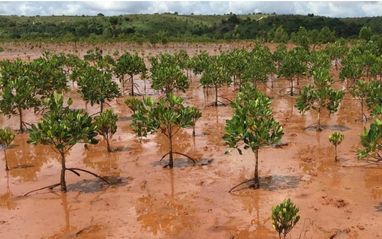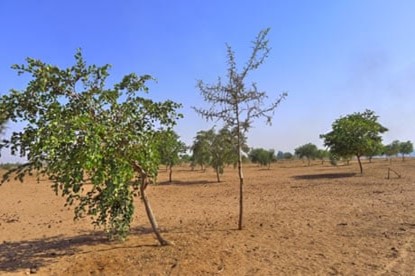Senegal
June 2023
Latest Updates of Senegal
Our Approach
Reforestation Program
Senegal seems to be taking the problem of deforestation and the preservation of biodiversity head on. In addition, Senegal through the Minister has launched a reforestation campaign with the objective of planting trees in public as well as private places. Farmers are finding that restoring soil with trees boosts land management in a region where drought has caused successive crises. The government will continue these efforts to accelerate land restoration, conserve soil and combat climate change.Agroforestry
Agriculture is one of the main drivers of deforestation in Senegal as in other countries in Africa and around the world. But agroforestry in Senegal proves that we never have to choose between forests and fields. When trees and agriculture coexist, people thrive. Together with our local partner, Senegal is helping farmers transform their monoculture fields into “forest gardens”. Trees create a protective microclimate, provide shade and moisture during the dry season, and protect crops from wind and animals. A forest garden revitalizes the soil, promotes biodiversity and captures tons of carbon per hectare.Mangrove afforestation and reforestation
Afforestation and reforestation of mangroves in Senegal according to CDM and VCS standards have been strengthened to rehabilitate mangrove ecosystems through tree planting. The main objective is to restore degraded wetlands and increase the productivity of adjacent agricultural areas. Reforestation is carried out by local communities along the Senegalese coasts and uses native species such as red mangrove.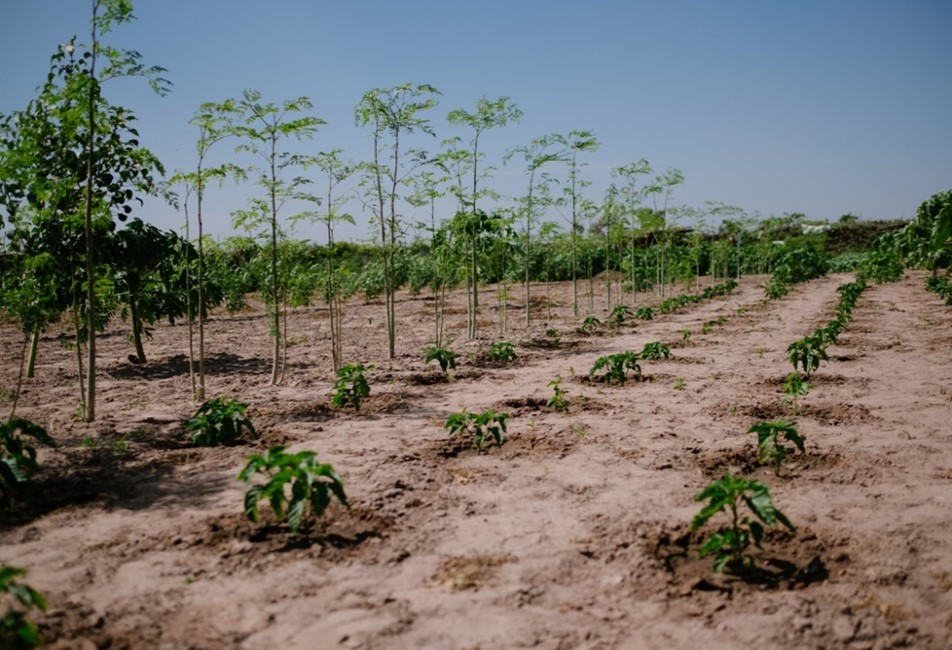
Steps to Success
Stakeholder involvement
Through the Ministry of Environment and Sustainable Development, all the partners concerned have been informed of the objectives and implementation frameworks of the LDN. The government thanks all those who actively participated in the preliminary exercise of defining targets and hotspots. Our partners include governments, civil society organizations, the private sector and communities owning the land where restoration activities are implemented. With our beloved partners, Senegal is confident to implement LDN by 2030.
A coordination mechanism/platform
This working group involves members of civil society, scientists, technicians belonging to both the private sector and the Government. This small group allowed a better approach and knowledge of the LDN, a new concept with a definition and an often not very clear approach. The working group coordinates the implementation of activities for the best execution of the work plans in the different landscapes that are degraded.
The implementation of the LDN action plan will be steered by the Ministry of the Environment and Sustainable Development through the “Department of Water, Forests, Hunting and Soil Conservation”. The implementation coordination plan matches the institutional mechanism for steering the CNIS/GDT. The monitoring and evaluation system is based on that defined in the national strategic investment framework for sustainable land management (CNIS/GDT). At the national level, each structure has a monitoring and evaluation system. Within the framework of the CNIS/GDT, a National Intersectoral Council for Sustainable Land Management (CNIGDT) has been set up to promote sustainable land management in economic and social development policies in Senegal. The national cross-sector GDT council is a space for consultation between the actors for the definition of strategic orientations in terms of GDT.
Capacity Building
Senegal has developed a roadmap on capacity building and sharing lessons to improve the capacity of local staff in landscape restoration. Periodic capacity building workshops are organized to monitor the implementation and the challenges to be overcome in relation to the available means and capacities as well as to develop additional capacities for a better implementation of landscape restoration activities.
Senegal works closely with countries in the Sahel region to restore degraded lands. Even since the definition of the LDN goals, Senegal has received tremendous support and good partnership from friendly countries, development partners, civil society organizations and the private sector as well. And again, Senegal calls on its partners to join hands for a sustainable implementation of LDN goals by 2030.
Key Milestones
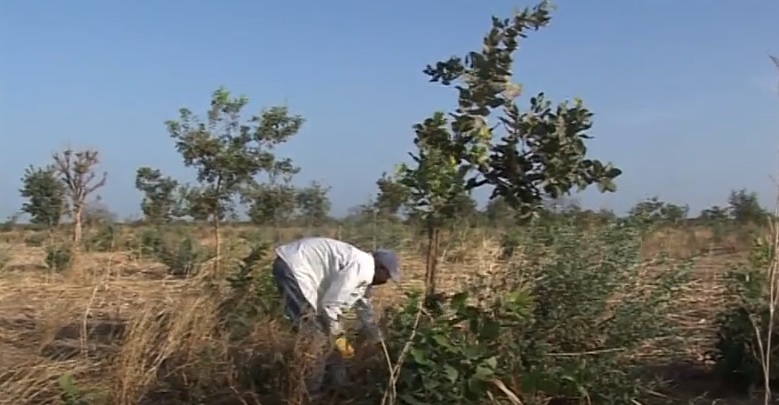

- Targets and measures to achieve LDN
- Policy brief on LDN targets and measures
- National Leverage Plan

Our Vision
Senegal is committed to achieving LDN by 2030 compared to 2017 and improving (net gain) the national landscape.
Priority Interventions:
- Convene key stakeholders and restoration partners and strengthen platforms to promote information exchange and coordination of interventions
- Assess restoration opportunities and formulate strategies to scale up successful restoration
- Reinforce and expand efforts to scale up FMNR and EverGreen Agriculture in the degraded areas of the Peanut Basin
- Take stock of efforts to promote conservation farming (reduced tillage), FMNR and agroforestry and other climate smart agricultural (CSA) practices and assess barriers to be overcome, needed adjustments in approaches, and opportunities to accelerate widespread adoption
- Organize exchange visits and increase support for peer to peer learning and training, with a focus on FMNR
- Analyse business models and leverage private sector investments in restoration, including possible strengthening of agroforestry value chains
- Work with CSE, USGS and concerned partners to further develop monitoring system to track progress in implementing restoration at scale
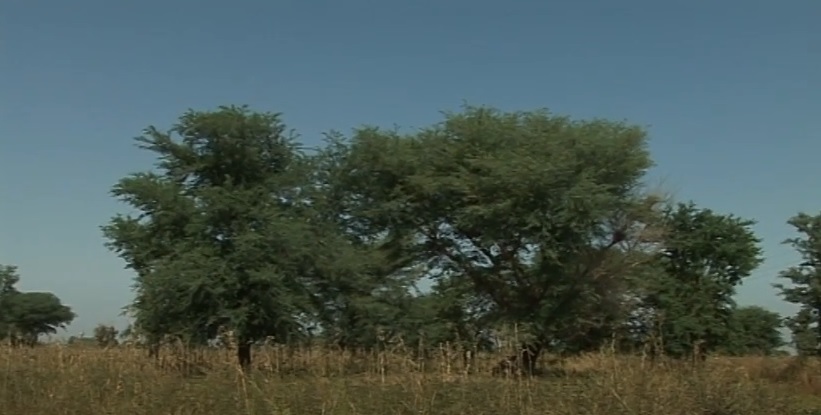
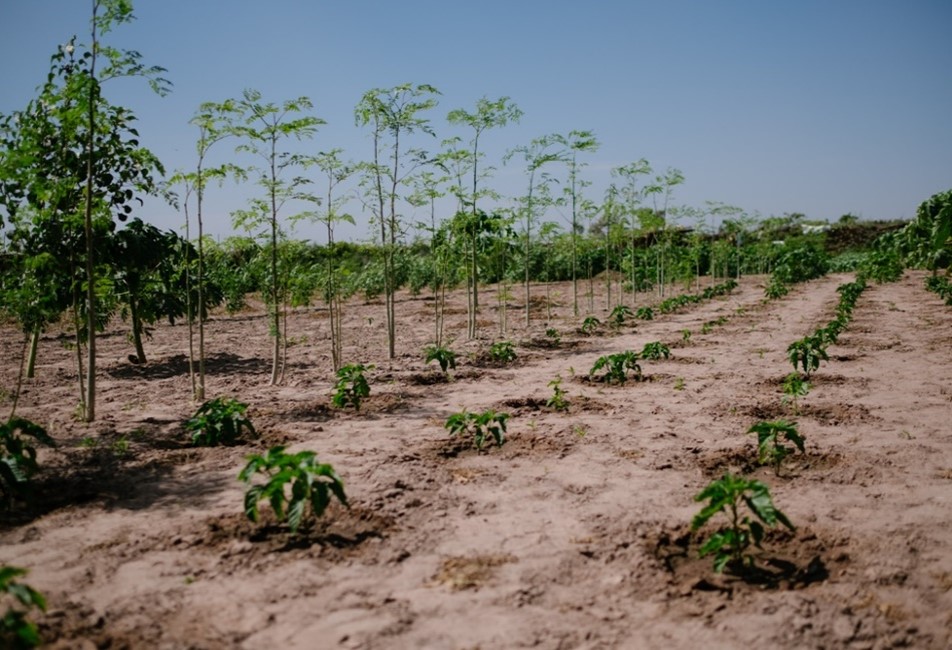
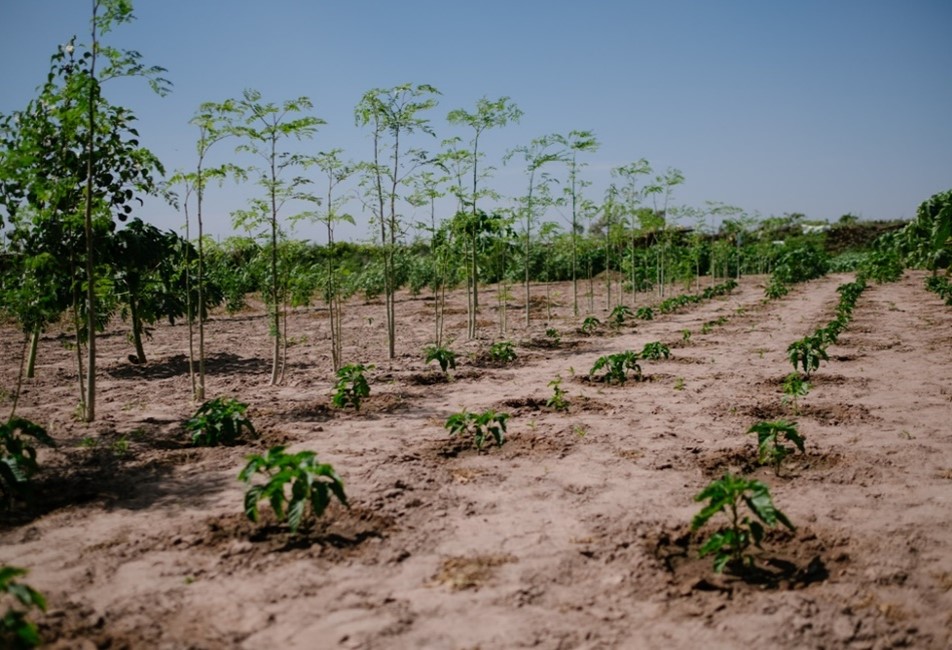
Bénéfices et défis de l'agroforesterie
Resources
in Senegal
